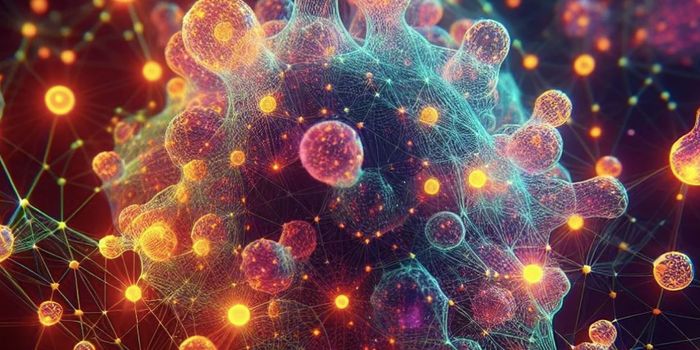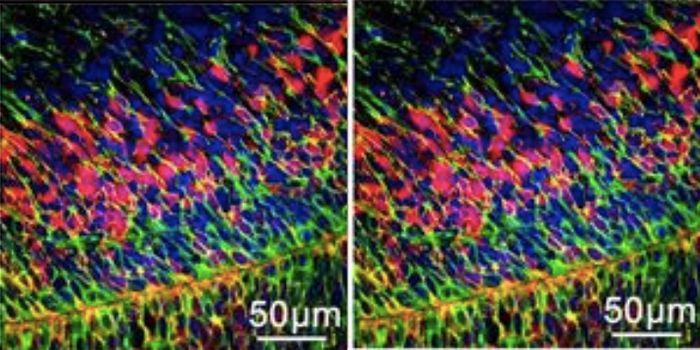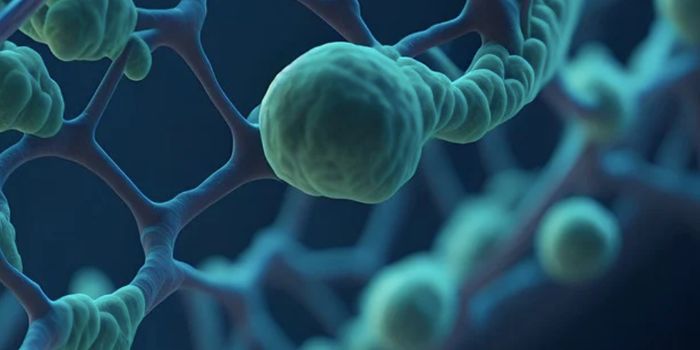CRISPR Babies May Face Shortened Lifespan
UPDATE: The research study this article was based on was retracted on October 8, 2019, due to technical problems with the methodology. From a report in Nature: "Arising from exchanges with David Reich and colleagues, the [study authors] have been made aware of a genotyping calling bias in the underlying UK Biobank data from which the main results of the study were drawn. Further analyses confirmed that the central finding of the study – that homozygous CCR5-∆32 mutation is associated with increased mortality in the UK Biobank – is a result of this technical artifact." The rsearchers believe that this bias is unique to this gene, and is not a problem with the Biobank.
Some genetic mutations can lead to serious disease, and for many years, scientists have been searching for ways to effectively and safely repair such errors. Some recent progress on that front has been made with the advent of the CRISPR/Cas9 gene editing tool. The tool has been widely used in research labs and animal models, and some preliminary steps have been taken to try to use it in some people. Many regulatory hurdles have to be overcome every time such therapy is tested.
A researcher in China, Jiankui He, decided last year to simply go ahead with gene editing in human embryos without passing those hurdles, even though there are many potential dangers and complications with such a procedure. One of the biggest problems is that we don't have a complete picture of what every gene in the genome does throughout life. Now scientists at the University of California, Berkeley who followed up on the human gene editing project have found that the edits, made in the human CCR5 gene, may shorten the lifespan of the subjects. Their findings have been reported in Nature Medicine.
"Beyond the many ethical issues involved with the CRISPR babies, the fact is that, right now, with current knowledge, it is still very dangerous to try to introduce mutations without knowing the full effect of what those mutations do," said senior study author Rasmus Nielsen, a UC Berkeley professor of integrative biology. "In this case, it is probably not a mutation that most people would want to have. You are actually, on average, worse off having it."
The CCR5 gene was chosen because an edit was intended to prevent an infection with HIV in the babies - if they were ever exposed to the virus. Around eleven percent of Northern Europeans are protected from HIV infection because they carry a mutation in CCR5, called ∆32 (Delta 32), a deletion of 32 bases. He didn't effectively duplicate this mutation, but instead made one like it, to render the protein encoded by the gene inactive. But when the Berkeley researchers assessed roughly 400,000 genomes and health records in the UK Biobank, they saw that if a person carried two copies of a mutated CCR5 gene, their death rate between the ages of 41 and 78 was significantly higher than people with one or no copies.
People that carry two mutated copies of CCR5 have been found to have a fourfold higher incidence of death after getting the flu, which may help explain this increase in the mortality rate. But CCR5 encodes for a protein that does many things in the body, so we don't know for sure.
"Here is a functional protein that we know has an effect in the organism, and it is well-conserved among many different species, so it is likely that a mutation that destroys the protein is, on average, not good for you," Nielsen said. "Otherwise, evolutionary mechanisms would have destroyed that protein a long time ago."
As someone who has used CRISPR gene-editing tools in my own research, it seems to me that there are still far too many things we still don't know about the CRISPR tool and the human genome to use it on germline cells (which are passed on to future generations) in humans.
"Because one gene could affect multiple traits, and because, depending on the environment, the effects of a mutation could be quite different, I think there can be many uncertainties and unknown effects in any germline editing," said the first author of the work, postdoctoral fellow Xinzhu "April" Wei. "I think there are a lot of things that are unknown at the current stage about genes' functions. The CRISPR technology is far too dangerous to use right now for germline editing."
Sources: AAAS/Eurekalert! via University of California, Berkeley, Nature Medicine








